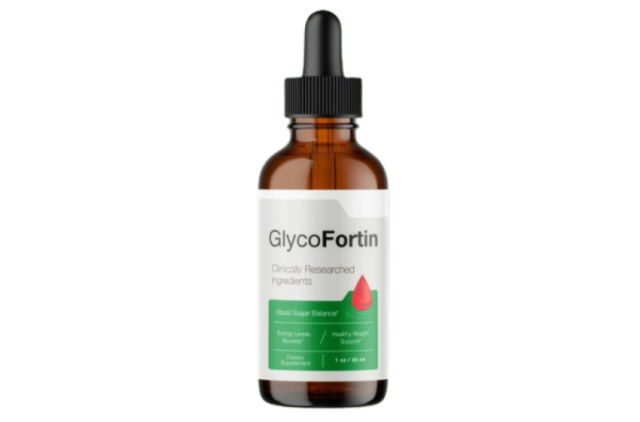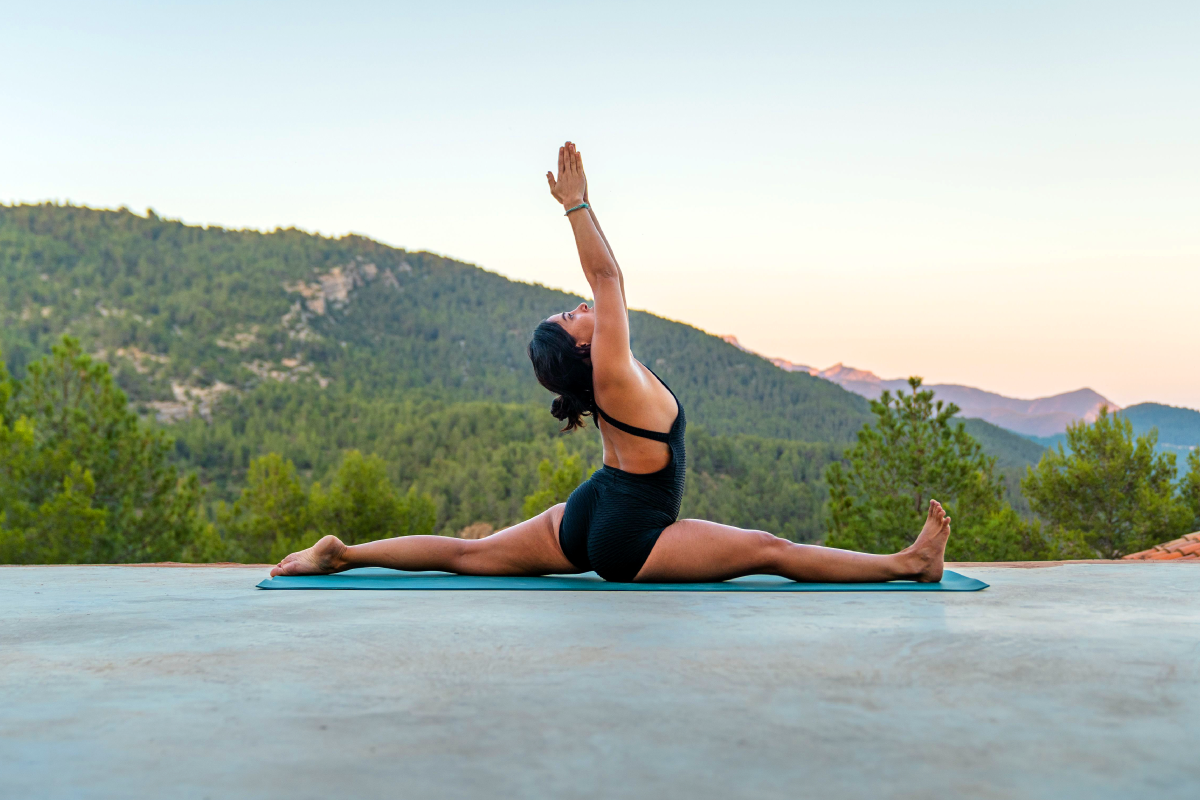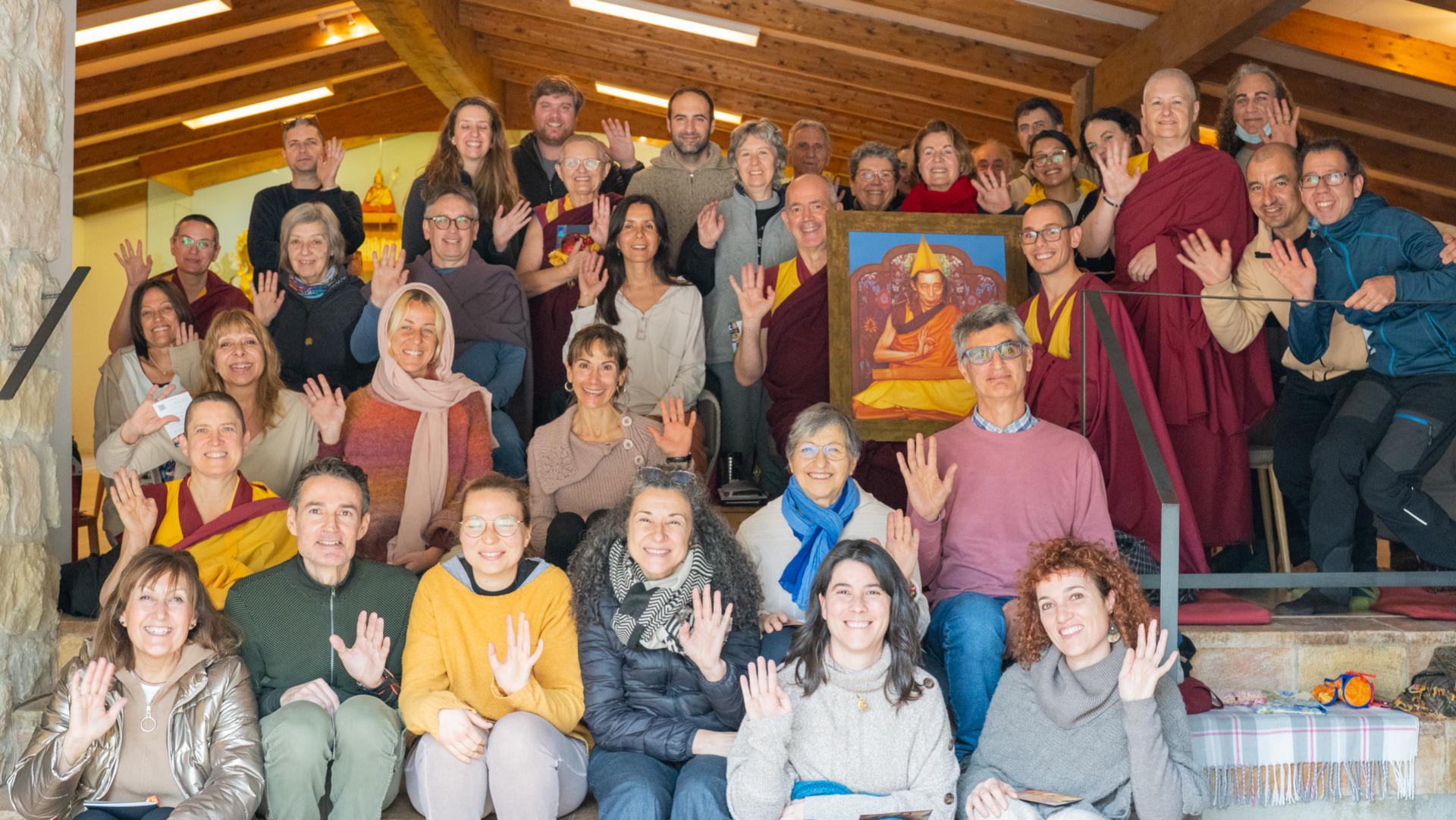The Ultimate List Of 80+ Free Self-Care Practices To Refresh Your Mind & Body
In need of a little me-time? This list has something for you.


Assistant Health Editor
Assistant Health Editor
Ava Durgin is the Assistant Health Editor at mindbodygreen. She is a recent graduate from Duke University where she received a B.A. in Global Health and Psychology. In her previous work, Ava served as the Patient Education Lead for Duke Hospital affiliated programs, focusing on combating food insecurity and childhood obesity.
September 11, 2025 Self-care doesn't have to be expensive or elaborate. Often, the most restorative habits are the ones that fit effortlessly into our lives: taking a deep breath before a meeting, jotting down a few thoughts before bed, or spending time doing something you genuinely enjoy. Whether it's a five-minute moment or a new weekend passion, self-care is about showing up for yourself—one intentional act at a time. Daily self-care practices help you reset and recharge. These practices offer joy, creativity, and a deeper sense of purpose, and oftentimes, they're hobbies you can integrate into your daily or weekly routine. Research shows that hobbies are linked to better mental health, lower levels of depression1, and even longer life spans. They help us access flow states, challenge our brains, and remind us of the simple pleasure of doing something just because we love it. Whether you're looking for quick, free ways to take care of yourself or new activities to fill your cup long term, this guide has something for you. Let's dive in.
Free self-care moments
Movement
Physical movement boosts circulation, supports lymphatic drainage, and releases feel-good neurotransmitters like endorphins and dopamine. Even small amounts of movement can reduce stress, ease muscle tension, and improve energy and focus.
Mindfulness & emotional well-being
Mindfulness and emotional check-ins activate the parasympathetic nervous system—your "rest and digest" mode. These practices lower cortisol levels, support emotional regulation, and help rewire your brain toward resilience and optimism.
Environmental care
A clean, comfortable environment reduces cognitive overload and supports mental clarity. Engaging with your surroundings in a sensory way—like letting in fresh air or lighting a candle—also helps calm the nervous system and elevate mood.
Creative outlets
Creative expression boosts dopamine levels2 and has been shown to reduce symptoms of anxiety and depression. It also puts you in a "flow" state—where time slows down and your brain gets a break from stress and overthinking.
Connection & social care
Social connection releases oxytocin3, a hormone that reduces stress and promotes feelings of safety and belonging. Even brief moments of kindness or meaningful interaction can increase resilience and protect against loneliness-related health risks.
Intellectual stimulation
Keeping your brain active can enhance neuroplasticity—the brain's ability to form new connections—which supports memory, problem-solving, and emotional regulation.
Time outdoors
Spending time in nature is linked to lower cortisol levels, improved mood, and increased vitamin D exposure. Physical activity outdoors also stimulates endorphins, while the natural environment supports relaxation and mental clarity.
When to invest in yourself
While these free self-care moments can make a big difference in your day-to-day well-being, there are times when it's necessary to seek additional support. If you're feeling consistently overwhelmed, experiencing symptoms of mental health challenges, or if your self-care routines aren't providing the relief you need, it may be time to invest in professional help.
The takeaway
Self-care is about more than bubble baths or weekend retreats—it's about crafting a life that includes moments of joy, creativity, and reflection every single day. Whether that means spending 10 minutes journaling, going for a walk with a friend, or finally learning to knit, how you care for yourself matters less than the fact that you do.
So, try a new hobby. Pause for a breath. Send that text. You don't need to overhaul your life—just start with one small moment of care.

 Hollif
Hollif 






























